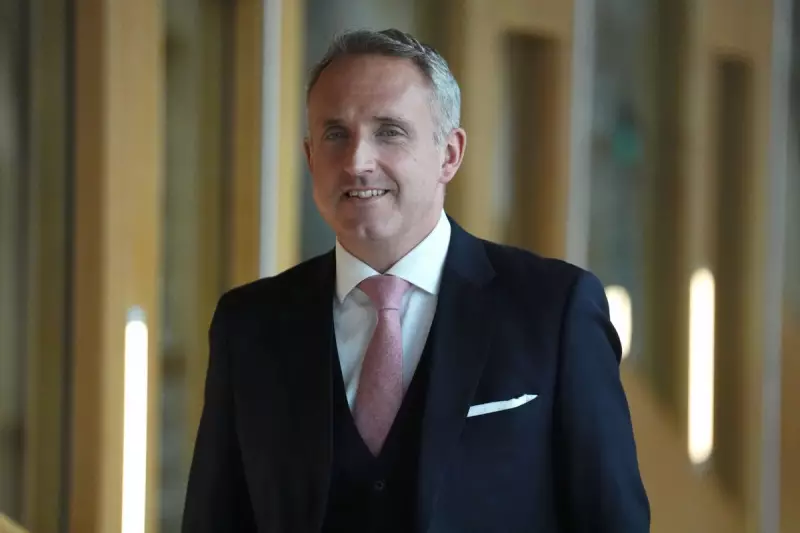
The Scottish Conservative Party is facing a significant crisis as a wave of high-profile MSPs, including leader Douglas Ross, announce they will not seek re-election to Holyrood in 2026.
Mr Ross confirmed his decision to step down as an MSP, though he will continue leading the party until the next election. This move follows similar announcements from several senior figures within the Scottish Tory ranks.
Senior Figures Departing
The exodus includes notable names such as Liz Smith, the party's finance spokesperson, and Jackson Carlaw, the former leader. Both have confirmed they will not contest their seats in the upcoming Scottish Parliament elections.
Other prominent MSPs joining the departure include Stephen Kerr, Donald Cameron, and Sue Webber, creating substantial gaps in the party's frontline representation at Holyrood.
Leadership Under Pressure
Mr Ross's announcement comes amid growing internal pressure and follows a challenging period for the Scottish Conservatives. The party has faced difficulties in gaining traction against the dominant SNP government and has struggled to define a clear political identity distinct from their Westminster counterparts.
The mass departure of experienced parliamentarians raises serious questions about the party's stability and electoral prospects heading into the 2026 contest.
Political Implications
Political analysts suggest this exodus could significantly weaken the Scottish Conservatives' position as the main opposition party at Holyrood. The loss of seasoned politicians with substantial policy expertise may hamper the party's ability to effectively scrutinize SNP policies and legislation.
The vacancies also present a considerable challenge for party organisers who must now identify and prepare new candidates to contest key seats across Scotland.
This development marks a pivotal moment for Scottish politics, potentially reshaping the opposition landscape and affecting the balance of power at Holyrood following the next election.






